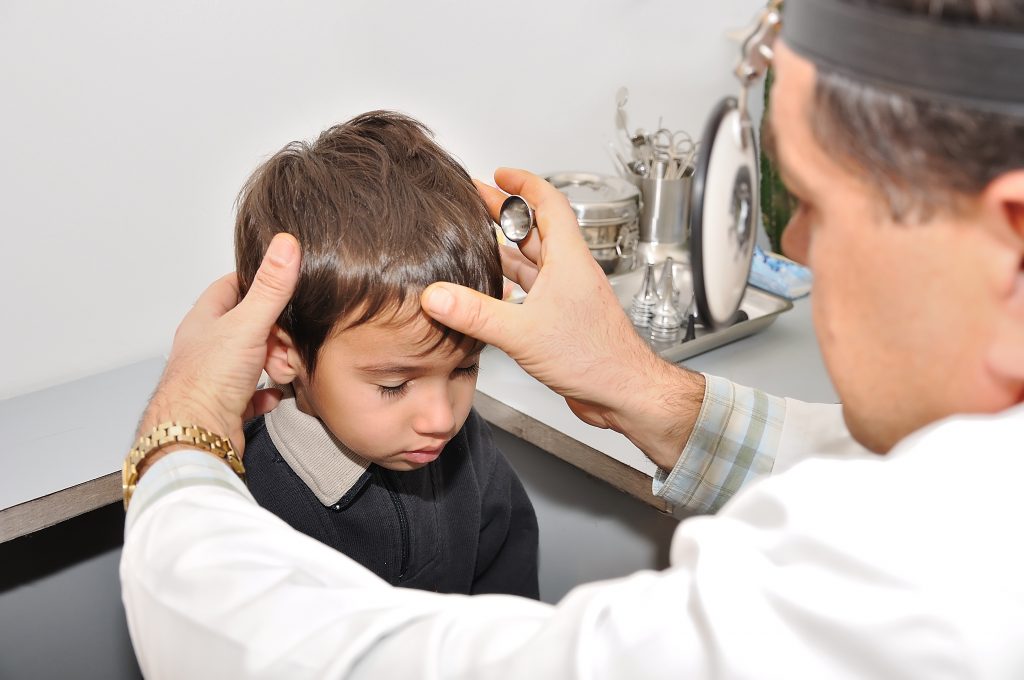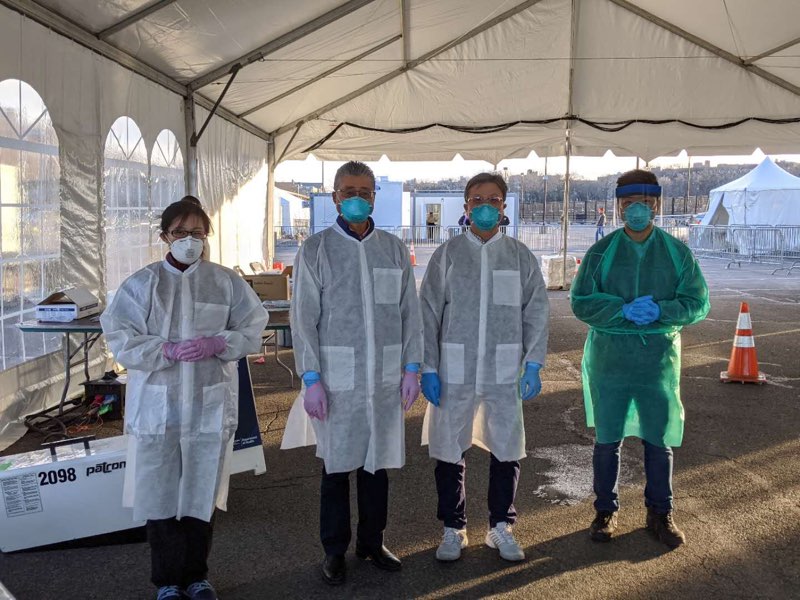BY KARMINA L. FONSECA
While data confirms that the coronavirus minimally affects young adults and children, New York health authorities are warning about a mysterious syndrome that is targeting children between 2 to 15 years old who have had COVID-19. According to authorities, 15 children have recently been hospitalized in New York City with Kawasaki disease.
In a public letter sent to his colleagues this Monday, Dr. Demetre Daskalakis, Deputy Commissioner Division of Disease Control New York City Health Department stated that “a pediatric multi-system inflammatory syndrome, recently reported by authorities in the United Kingdom, is also being observed among children and young adults in New York City and elsewhere in the United States”, adding that the full spectrum of the disease is not yet known.
Dr. Victor Peralta, part of SOMOS Community Care and Pediatrician at Elmhurst Hospital who owns several practices in the Jackson Heights area, said that “Kawasaki has been a well-known pediatric disease for decades,” but has no knowledge of why this or something similar may be happening in children in relation to COVID-19.
“Kawasaki is an inflammation of the arteries that affects children more. It causes redness around the eyes and the tongue turns red. Soles of the feet and palms also turn very red. It also produces lymph node inflammation,” said Dr. Peralta when asked about the inflammatory syndrome that is characterized by a persistent fever, toxic shock, and abdominal symptoms.
According to health authorities, many of the children affected by this syndrome tested negative for coronavirus, but positive for coronavirus antibodies.
“The Kawasaki (disease) is something that has been known for a long time but we have seen it much less frequently, recently. I really don’t know what the relationship may be between one and the other”, added Dr. Peralta.
To reassure parents, Dr. Peralta stated that as a pediatrician, “fortunately,” he treats a population that is at an age where (coronavirus) is less severe. “There are school-age children whose parents have been sick for a week and they tell us the child started with a fever; when we follow up, two or three days later, the child is playing again. Fortunately, most of the children are not as affected as the parents.”
Although he stressed that it’s preferable to avoid infecting the youngest of the household, he understands that the conditions among Hispanic families sometimes make it impossible to social distance from the child when the adult parent presents symptoms.
“Even though it may seem a bit cynical, once the adult has it, there is little that can be done to avoid giving it to children,” he said. “We provide information on what they have to do, but remember that many are limited by the way they live, the physical environment where the family lives, the number of people there are, and the fact that ‘how do you do social distance from a small child? ‘ They need help and contact with the parents constantly. It is impossible to isolate yourself from a child who needs to be fed.”
Though statistics continue to indicate that children and young people remain among those least affected by the coronavirus, Dr. Daskalakis’ letter advises to act immediately if Kawasaki syndrome is suspected in a child, since early diagnosis and treatment is critical to prevent end-organ damage and other long-term complications. However, avoiding COVID-19 altogether remains the best option for distressed parents.
“They should be concerned, but the most effective way to protect children is to protect themselves first with masks, washing of hands and avoiding bringing objects that may be contaminated to the home,” said Dr. Peralta. “Disinfect purchases, keep the shoes out of the house, try to remove clothes wore outside to avoid bringing the virus into the home. Protecting themselves makes everyone at home safer.”
He also reinforced that the protections that should be taken with children are the same as those taken with adults. “Making sure they wash their hands even though is a little more difficult with children under the age of five,” he continued, “if you keep them isolated at home, away from exposure to other people who may be infected, the risk lessens.”
For parents who out of necessity have to leave the home and cannot leave children alone, Dr. Peralta recommends “putting on masks that are appropriately sized for them and making sure that despite children’s natural tendency to touch things around them, try to stop them from touching things and clean their hands frequently – either with liquid sanitizer or by washing their hands.”
Anxiety and stress also affect children
Dr. Víctor Peralta made the following recommendations to help reduce anxiety and stress among our little ones during the COVID-19 pandemic:
• First, prevent children from watching the news. Listening to the news 24 hours a day is not healthy for adults, much less for children.
• Second, talk to them and put the situation in context. Explain to them that “yes, we are in the middle of a pandemic but we are protecting ourselves, we are avoiding getting infected and this is the way we do it.”
• Third, assure them that no matter what happens, the adults in the family will take care of them and will be with them constantly. This is something that children need to hear.

































